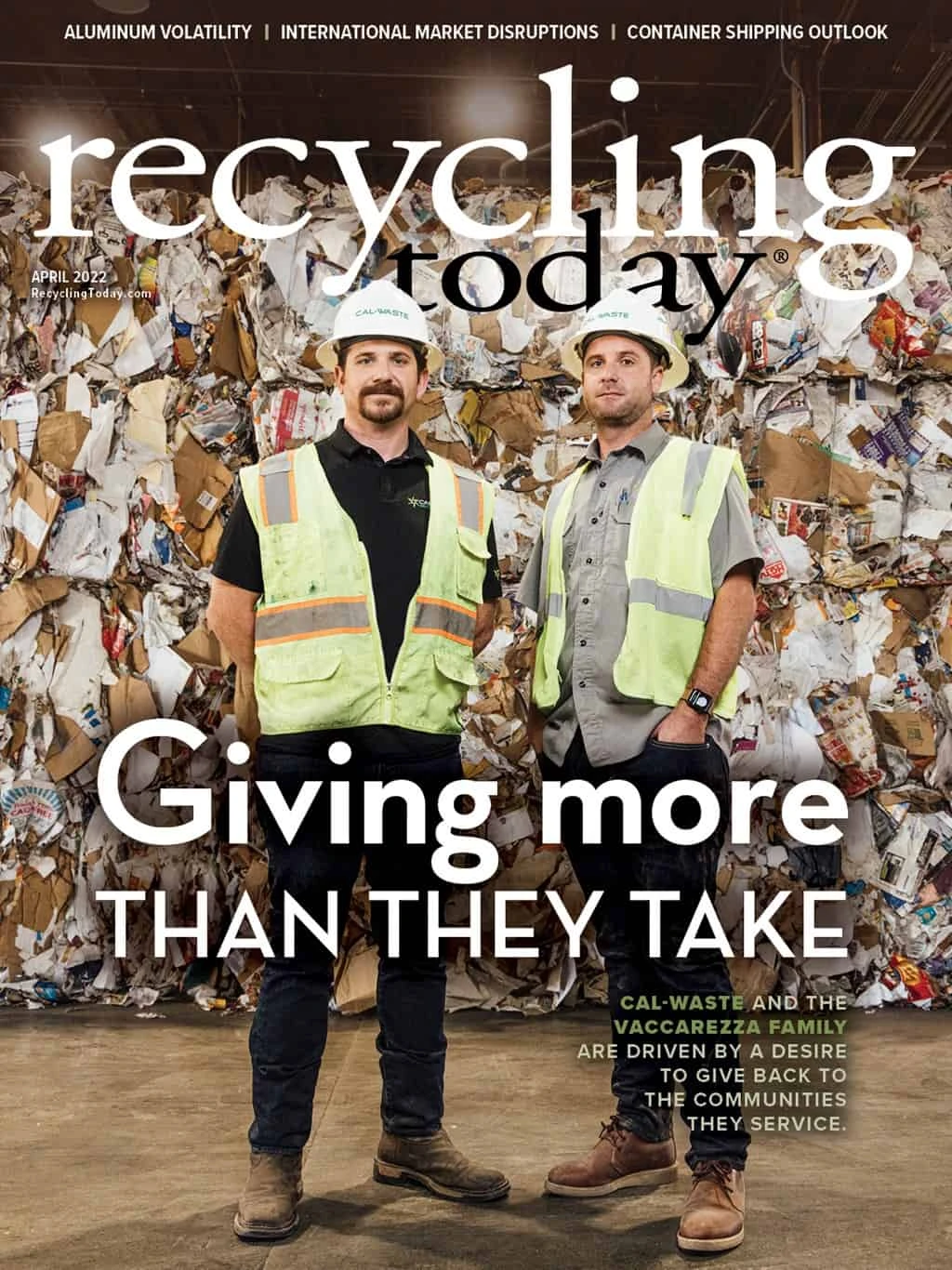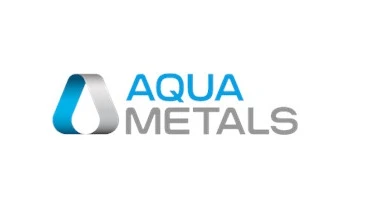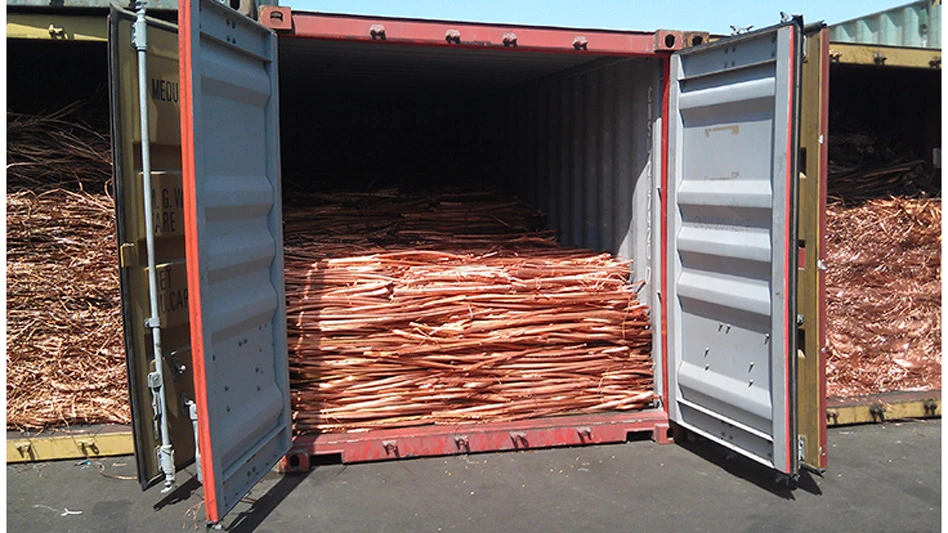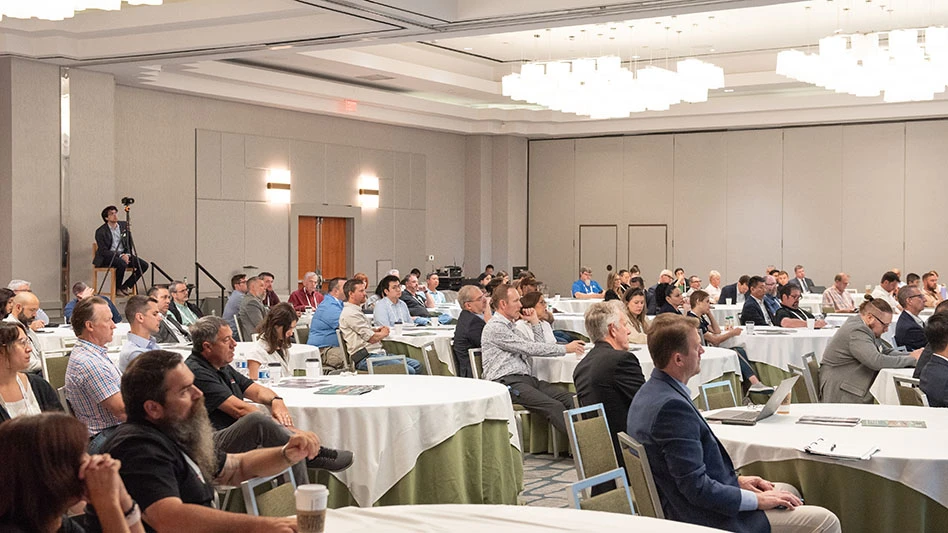
Trinity Metals, based in Indianapolis, has roots dating back to 2001. The company processes nonferrous and ferrous metals but is widely considered as a nonferrous metals processor. As with most scrap and recycling companies, how and what Trinity processes have changed and evolved over the years.
 Wade T. Conner, CFO,
Wade T. Conner, CFO, Trinity Metals
Like many scrap processors, 15 years ago, Trinity was exporting 80 percent of the metals it processed to China. Trinity Founder and CEO Wade Conner saw the need to change.
“I knew the business model we’d depended upon was not sustainable; we needed a new approach. As we evaluated that strategic decision, we came to believe that becoming a specialist in upgrading materials would allow us to change the markets we sold into and maximize the value of our materials,” Conner says.
“Today, we are extremely proud of the fact that 90 percent of the metals we process are sold domestically or into other OECD countries,” Conner says. A big piece of that shift was accomplished through investments in processing capabilities and know-how.
Making the shift
“Some items we simply consolidate in our processing operations. We’re not ashamed to sell materials to industry peers who are stronger in certain materials than we are. In fact, admitting that helped to liberate our team and facilities to focus on what we are really good at,” Conner says.
The majority of Trinity revenues come from processing and upgrading typical nonferrous metals to their highest and best use. The firm also processes significant volumes of very high-value precious-metal-bearing materials.
Creating specialty metal packages that meet consumers’ extremely exacting chemistry requirements is a challenging business. Conner saw that building the disciplines around material procurement and processing that allowed Trinity to do that offered a unique path forward.
“We became a value-added scrap metal processor,” Conner says. “We’ve worked very closely with our consumers to understand the precise chemistry they need in their melt shops. We took that understanding and built a wide range of competencies to ensure that our procurement and processing operations are aligned to produce those materials at production scale.”
Making investments
An important ingredient to making that change has been investments in processing equipment from Steinert LLC, in Walton, Kentucky. Beginning in 2018 Trinity added a Steinert ISS Metal Sorter to upgrade e-scrap it was processing.
Trinity has since increased its arsenal of Steinert equipment to include an eddy current separator capable of fines recovery and two KSS combination sorters using color camera, laser 3D and X-ray technology. More recently a Chutec X-ray fluorescence unit for heavy metals separation was added.
“We have found Steinert very responsive,” Conner says. “It’s very important that as we develop new recipes for our materials and our consumers that we quickly update programming. Steinert has proven to be very quick and efficient in this regard.”
Sponsored Content
Redefining Wire Processing Standards
In nonferrous wire and cable processing, SWEED balances proven performance with ongoing innovation. From standard systems to tailored solutions, we focus on efficient recovery and practical design. By continually refining our equipment and introducing new technology, we quietly shape the industry—one advancement at a time.
Trinity produces a wide range of metal packages. These include magnesium, precious metals, a range of aluminum and red-metal grades designed specifically for their customers.
The processing equipment from Steinert allows Trinity to efficiently move from package to package based upon the materials it is running. Inbound material streams include shredded e-scrap, ASR and a wide range of other specialized materials.
“Steinert has been an excellent partner for us. The equipment is absolutely state-of-the-art and does precisely what the Steinert team has told us it will. Uptime reliability has been tremendous, and when we do need parts, they are readily available. We’ll continue to invest with them, that’s for sure,” Conner says.
Get curated news on YOUR industry.
Enter your email to receive our newsletters.

Explore the April 2022 Issue
Check out more from this issue and find your next story to read.
Latest from Recycling Today
- APR, RecyClass release partnership progress report
- Clearpoint Recycling, Enviroo sign PET supply contract
- Invista expanding ISCC Plus certification program
- Redwood partnership targets recycling of medium-format batteries
- Enfinite forms Hazardous & Specialty Waste Management Council
- Combined DRS, EPR legislation introduced in Rhode Island
- Eureka Recycling starts up newly upgraded MRF
- Reconomy Close the Gap campaign highlights need for circularity








